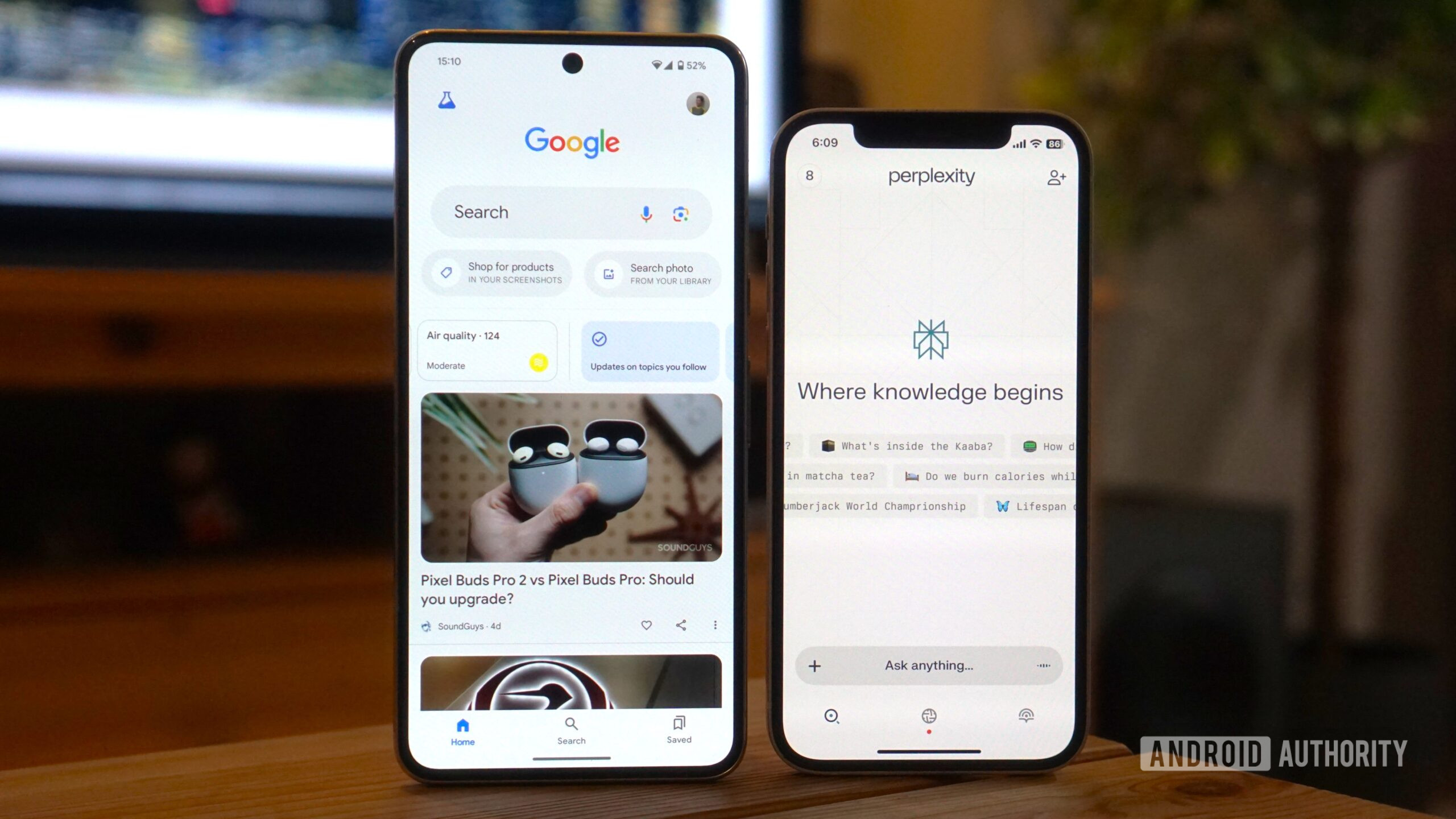Google’s declining search quality drove me to Perplexity, but is the grass really greener?
Does the underdog stand a chance?


Browse any technology forum these days, and you’ll find a recurring theme: people aren’t happy with Google search. It’s not exactly hard to see why — type in a query, and you’re often greeted with shallow articles that barely skim the surface of the topic. It’s such a common complaint these days that entire AI startups like Perplexity are now trying to replace Google entirely, promising to offer straight-to-the-point answers without all the fluff. But can Perplexity really outdo Google search or is it just another AI platform riding the hype train? I tested it over the past few weeks to find out.
What is Perplexity and how does it differ vs Google search?
Perplexity bills itself as an “answer engine” in an attempt to set itself apart from traditional search engines like Google. Instead of serving up a list of links, it provides direct and concise answers to your questions by pulling information from multiple sources and quickly compiling them into a single response. It uses generative AI, but rather than creating an in-house model, Perplexity relies on third-party language models like GPT and Claude.












